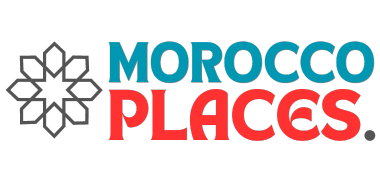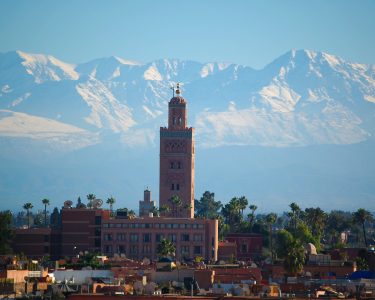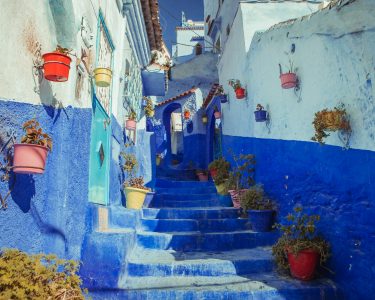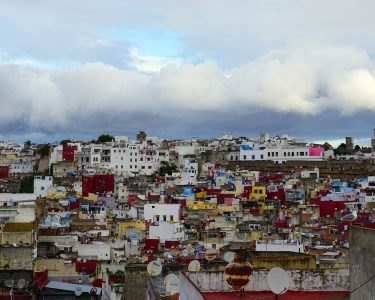Morocco is a land of contrast, offering vibrant cities, ancient traditions, stunning landscapes, and a rich cultural experience. However, before you dive into its wonders, it’s essential to prepare yourself with a few key pieces of information that will ensure you have an enjoyable and stress-free trip. Below are 24 essential things you should know before heading to Morocco.
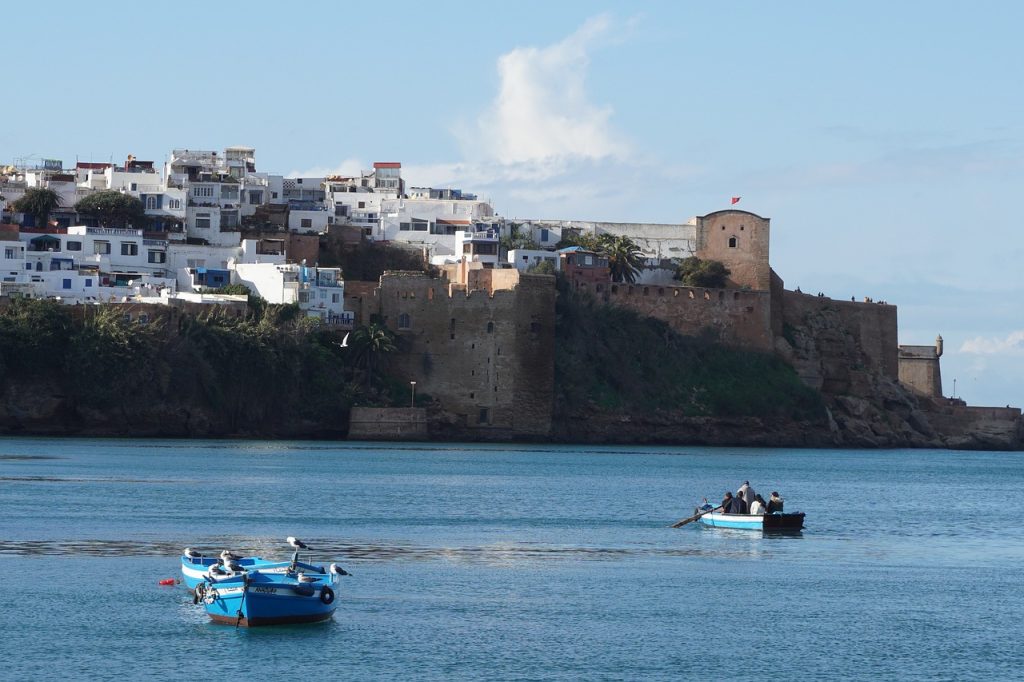
- Transport in Morocco
Understanding Morocco’s transport system will help you navigate the country efficiently and avoid common pitfalls. Whether you’re relying on taxis, buses, or trains, it’s good to know what to expect.
# Taxis in Morocco
Moroccan taxis are divided into Petit Taxis and Grand Taxis , each serving different purposes:
– Petit Taxis : These operate only within cities. They are usually metered, but you might need to agree on a fare if the meter isn’t used. Each city has its own color for Petit Taxis, such as red in Fes and cream in Meknes. Be mindful that these taxis are often shared, and you may not always get seat belts.
– Grand Taxis : These travel between cities and offer two options: you can share with other passengers or hire the entire vehicle. Negotiating fares is common, especially if you’re going off the usual routes.
Buses in Morocco
– Morocco has CTM buses, which are government-run and the best option for long-distance travel. They are clean, reliable, and run on time. Other private bus companies are less reliable and often lack air conditioning.
Trains in Morocco
– Morocco’s train network is well-developed and one of the best in Africa. For added comfort, opt for first-class tickets , which offer seat reservations and lounges at major stations. Morocco also has a high-speed train service, Al Boraq , that connects major cities such as Tangier, Rabat, and Casablanca.
- Language and Communication
Arabic and Berber are the official languages of Morocco, but French is widely spoken, particularly in cities. Learning a few basic phrases in French will go a long way in helping you communicate with locals. English is not as common but is spoken in tourist areas.
- Currency and Payments
The Moroccan Dirham (MAD) is the local currency, and Morocco operates as a largely cash-based society. It’s best to withdraw money from ATMs upon arrival rather than trying to bring Dirhams into the country. Credit cards are accepted in larger hotels and restaurants, but for smaller purchases, cash is essential.
Tipping Culture
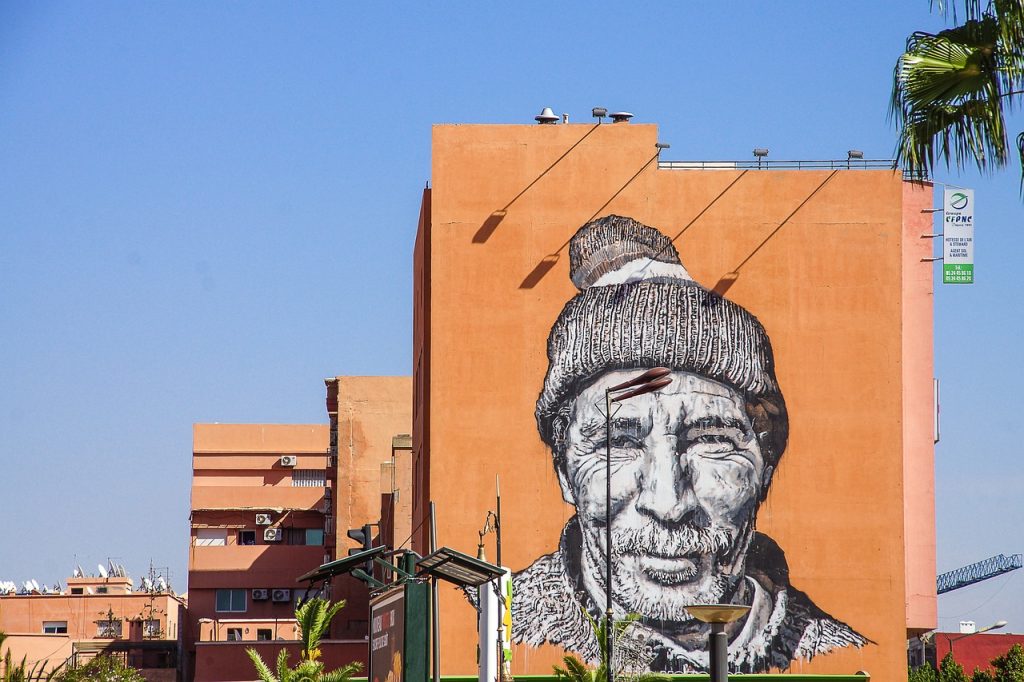
Tipping is a common practice in Morocco, and it’s customary to leave 10-15% of the bill in restaurants. Tipping small amounts to taxi drivers, guides, and porters is also appreciated.
- Safety and Scams
Morocco is generally safe for tourists, but like any popular destination, it has its share of scams. The most common is being overcharged for goods and services, so always negotiate prices in markets and agree on taxi fares beforehand.
Be wary of faux guides who offer unsolicited help in medinas. If you need a guide, hire an official one through your hotel or a trusted source.
- Cultural Etiquette
Morocco is a predominantly Muslim country with conservative social norms, so dress modestly, particularly when visiting religious sites or rural areas. Women should consider covering their shoulders and knees to avoid unwanted attention.
- Religious Sensitivity
As a Muslim country, respect for Islamic customs is expected. Refrain from public displays of affection, and during Ramadan, avoid eating or drinking in public during daylight hours out of respect for those who are fasting.
- The Medina Experience
The old city quarters, known as medinas , are the heart of Morocco’s culture. They’re bustling, labyrinthine spaces where you can buy everything from spices to traditional crafts. However, navigating a medina can be overwhelming, so it’s useful to have a map or a GPS app like Maps.Me , which works offline.
- Photography Etiquette
Ask permission before taking photos of people, particularly women and in rural areas. Some locals may expect a small tip for posing, especially in tourist-heavy places like Jemaa el-Fnaa in Marrakech.
- Staying in Riads
Staying in a traditional riad is a must for an authentic Moroccan experience. These restored homes feature beautiful courtyards and intricate decor. However, be prepared for fluctuating temperatures as many riads are not equipped with modern heating systems.
- Packing for Morocco’s Weather
Morocco’s climate can vary significantly depending on the time of year and the region you’re visiting. Summers can be extremely hot, while winters, particularly in the desert and mountain regions, can be surprisingly cold. Bring layers, especially if you’re traveling between regions.
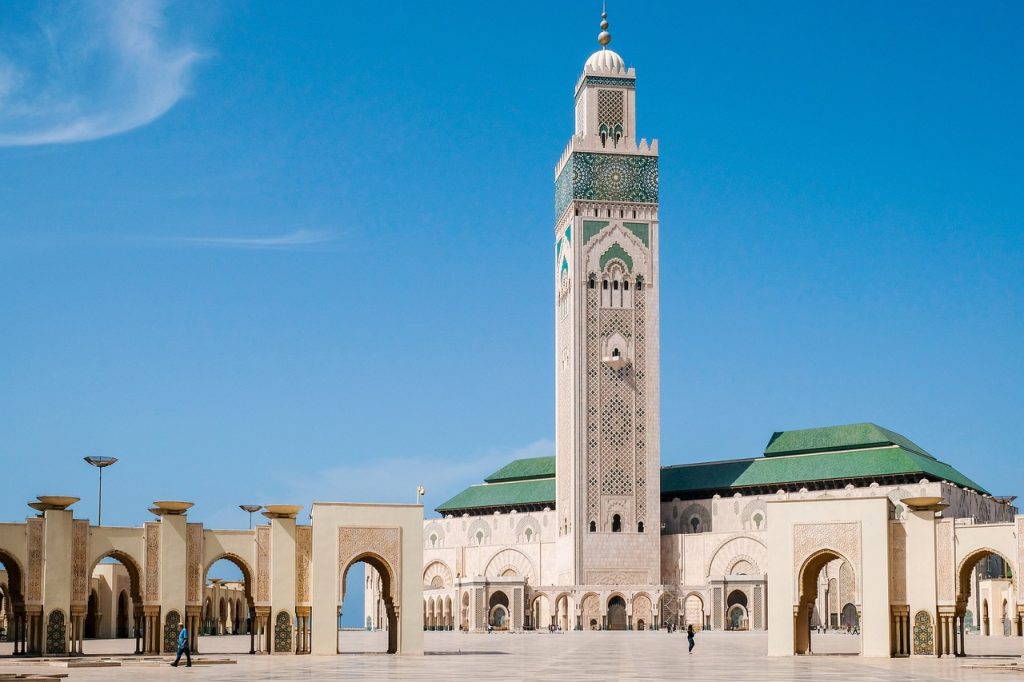
- Marriage Laws for Couples
Unmarried couples, particularly those with a Moroccan partner, may encounter issues when booking shared accommodation. It’s advisable to have a copy of your marriage certificate on hand. However, most tourists won’t face problems, especially in more liberal cities like Marrakech and Casablanca.
- Getting a SIM Card
Purchasing a Moroccan SIM card is easy and affordable. Orange , Inwi , and Maroc Telecom are the major providers. Data is relatively cheap, and you can get set up at the airport or local kiosks for as little as 50-100 MAD.
- Navigating Morocco’s Souks
The souks (markets) are some of Morocco’s biggest attractions, but haggling is expected. Start by offering half of the initial price and work your way up. Don’t feel pressured to buy, and remember that walking away is often the best bargaining tactic.
- Alcohol in Morocco
While Morocco is a Muslim country, alcohol is available, particularly in tourist areas. Most large hotels, restaurants, and some supermarkets stock alcohol, though it’s expensive compared to other items. However, drinking in public is frowned upon.
- Respect for Women Travelers
Women traveling solo or in groups should dress conservatively and be mindful of cultural norms. While street harassment exists, it is typically verbal and non-threatening. Avoid walking alone in quiet areas at night and consider wearing a scarf to blend in.
- Food and Drink
Morocco is famous for its tajine , couscous , and mint tea . Stick to bottled water, as tap water is not recommended for foreigners. When dining in smaller establishments, check reviews or ask locals to avoid any stomach issues.
- Hammam (Moroccan Bathhouse) Etiquette
A visit to a hammam is a quintessential Moroccan experience. Public hammams are gender-segregated, and you’ll be expected to strip down to your underwear. You can choose between a self-service scrub or pay for an attendant to help you.
- Markets and Shopping
Morocco is a treasure trove for handcrafted goods like carpets, leather, pottery, and metalwork. Be sure to bargain, as prices are often inflated for tourists. Always ask about customs regulations before purchasing larger items like carpets.
- Festivals in Morocco
If possible, plan your visit around one of Morocco’s many festivals. From the Fez Festival of World Sacred Music to the Marrakech International Film Festival , these events offer a deep dive into Moroccan culture.
- Desert Adventures
The Sahara Desert is a major draw for visitors, and spending a night in a desert camp is an unforgettable experience. Camel treks and 4×4 tours are popular ways to explore the dunes. Make sure to book with a reputable company to ensure safety and comfort.
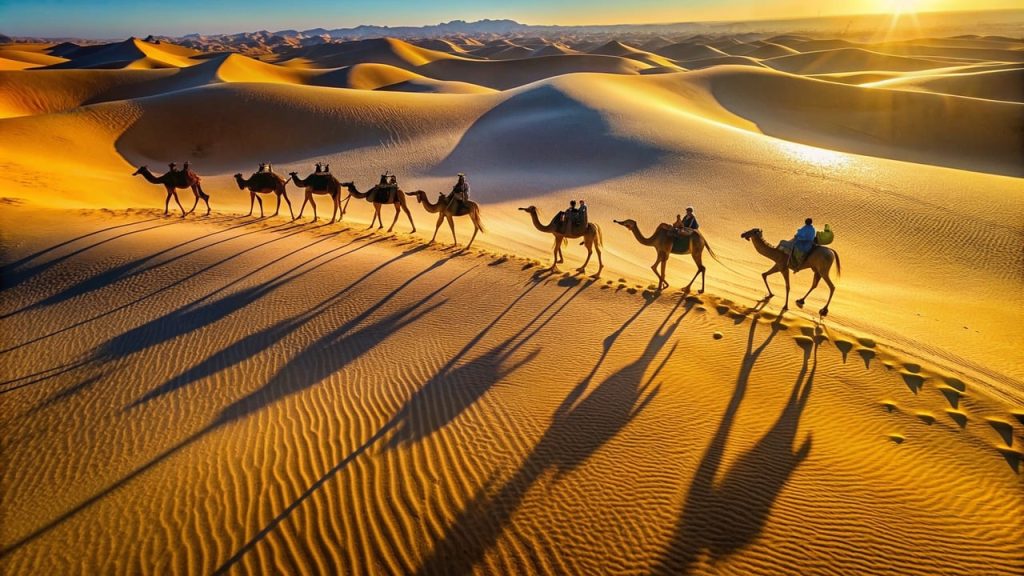
- Hiking in the Atlas Mountains
Morocco’s Atlas Mountains are perfect for hiking enthusiasts. Whether you’re summiting Mount Toubkal, the highest peak in North Africa, or enjoying a day hike through Berber villages, the mountains offer stunning scenery.
- Ramadan in Morocco
Ramadan is the holy month of fasting in Islam, and Morocco observes this period with reverence. Many businesses and restaurants close during the day, but tourist hotels and restaurants typically remain open. At sunset, the streets come alive as Moroccans break their fast with a meal called iftar .
FAQs
- Do I need a visa to visit Morocco?
Most visitors, including those from the U.S., Canada, the EU, and Australia, do not need a visa for stays of up to 90 days.
- Is Morocco safe for solo travelers?
Yes, Morocco is generally safe for solo travelers. Exercise the usual caution, particularly in crowded places, and avoid walking alone at night.
- What is the best time to visit Morocco?
The best time to visit is during the spring (March to May) or autumn (September to November) when temperatures are moderate.
- How should I dress in Morocco?
Dress conservatively, especially in rural areas and religious sites. Loose-fitting clothes that cover your shoulders and knees are recommended.
- Is bargaining expected in Morocco?
Yes, bargaining is a common practice in souks and markets. Start by offering around 50% of the asking price and negotiate from there.
- How can I get around Morocco?
Taxis, buses, and trains are common modes of transportation. CTM buses and ONCF trains are the most reliable options for intercity travel.
